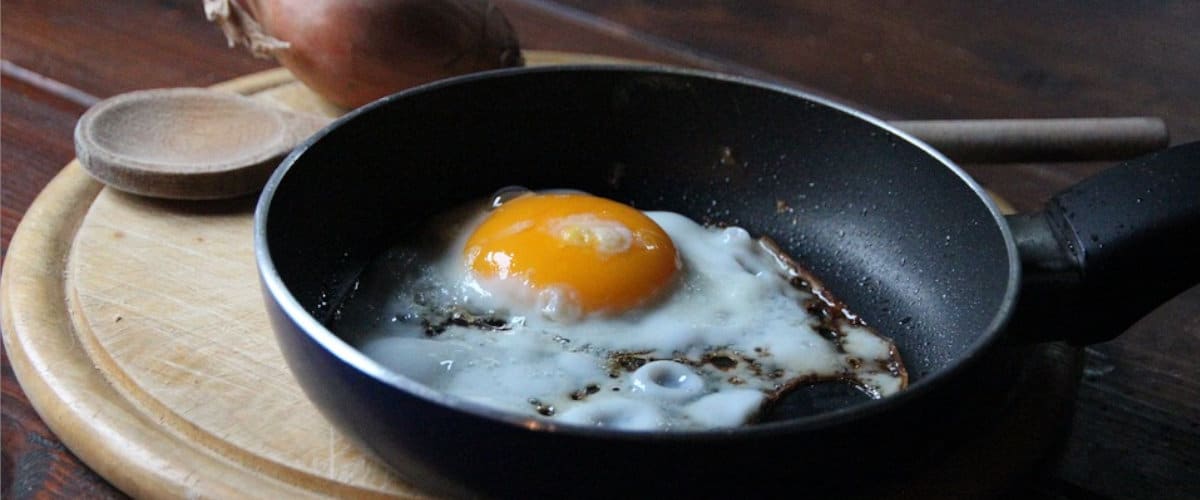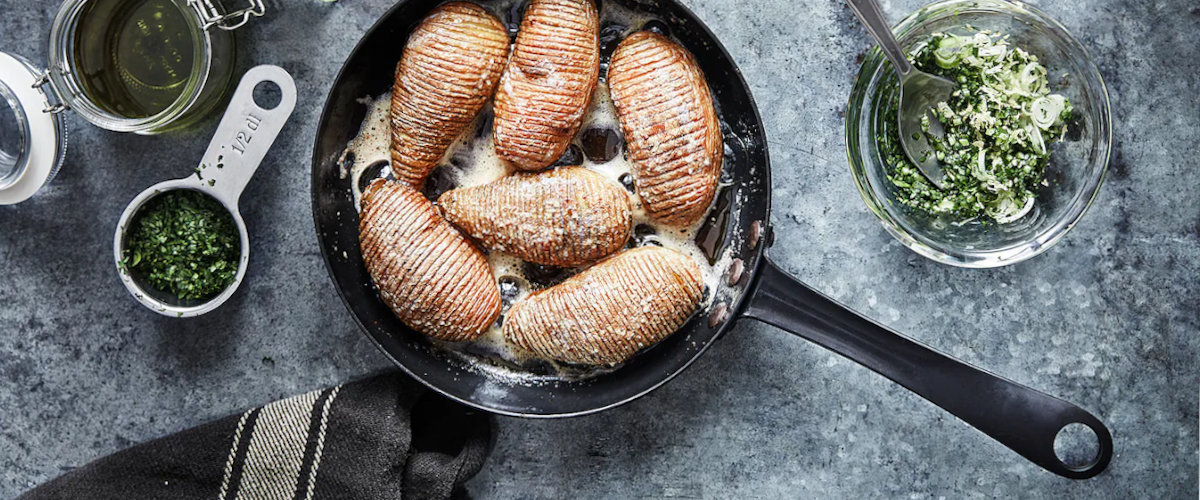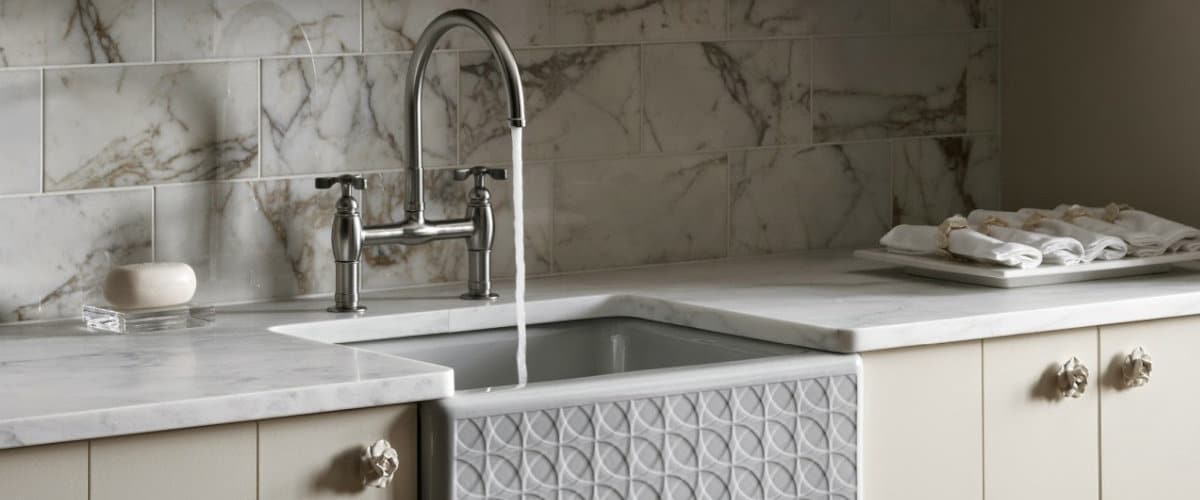
There is a wide variety of frying pans on the market that we could classify both by the material they are made of and by their design. We talked about all this last summer when we shared with you the keys to choose the pan more appropriate, do you remember? But we weren't about how to care for and clean them
Today our purpose is that you know how to take care of and clean the pans so that these remain in good condition for a longer time. For this we give you some basic tips for good maintenance and a couple of tricks for cleaning. Take note!
Basic tips for maintenance
Do you want to extend the life of your pans? The first step to this is discovering how to take care of them. It will be of little use to invest in a good frying pan if its maintenance is not adequate afterwards. They will bulge, lose their non-stick properties and you will end up desperate every time you want to cook something. Sounds familiar to you, right? Prevent it from happening again by following these tips:
- Have you ever put the pan still hot directly over a stream of cold water? Don't do it again! It is one of the main failures and the main cause of the accelerated deterioration of this kitchen utensil. Cold water can further stick food debris left in it and even warp the pan.
- Use wooden or silicone utensils and never metallic with sharp edges so as not to scratch the cooking surface.
- In the same way and as a general rule never use steel wool to clean them, they could be scratched. Only those made of cast iron accept hard scouring pads.
- Never put in the dishwasher the pans with a non-stick coating. In general, try not to put pans in the dishwasher.
- If it doesn't have a non-stick coating, avoid the use of acidic foods (such as tomato or lemon) so that it does not affect the oxide film of the pot or pan.
- For the same reason, do not use the pan to store food. There are numerous ingredients that could stain, discolor and affect the rust film on pots if left inside for too long.
- Use a protector to store them stacked. Respecting the above recommendations will be of little use if you make the mistake of stacking the pans on top of each other without care, since friction could scratch or damage the non-stick coating.
Tips to clean them
Ideally, to clean a pan is to use warm water, detergent and a soft sponge so as not to scratch it. Remember, yes, do it as we have advised you once it has been tempered so that a sudden change in temperature does not damage the metal.
Does the pan have traces of burnt food Impossible to remove using soap and water? Then write down this especially valuable trick to completely remove these remains from a non-stick pan. Fill the pan with water, add 4 teaspoons of detergent and place it on the fire so that the water boils. Then, stir with a spatula and carefully scrape off any leftover food. Gradually the embedded dirt will loosen and once done, you can clean the pan as usual.
¿lime has left stains in your stainless steel or aluminum pans? The ideal way to avoid them is not so much how to clean them but to dry them immediately after passing them through the water. Try not to leave them on the draining board.
Is your pan cast iron? After use, sprinkle salt in the pan so that it absorbs all the remaining fat and clean afterwards with kitchen paper. In addition, it will not hurt them from time to time to pass them a piece of paper smeared with oil afterwards.
As you can see, the biggest obstacles to caring for and cleaning pans properly are ignorance and haste. After sharing these tricks, you have no excuse with the first one. Now you know what to do and what not to do so that your pans last longer in good condition. As for the rush... against those you will have to fight.

